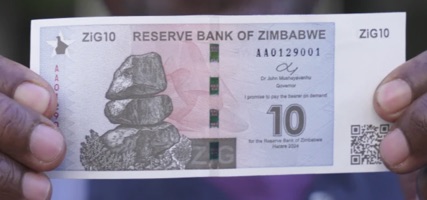Our everyday economics includes risk, externalities, purchasing power, complementary goods, capitalism, money supply, human capital, and innovation.
The Wright Moment for the Bicycle
As an innovation, the bicycle was a stepping stone that helped human capital move onward to other inventions like the airplane, the auto and better roads.
What Money Should Look Like
The currency part of a money supply needs three basic characteristics that relate to value and also usually a design that reflects a national identity.
Taylor Swift Gives Apple a Little Taste of Capitalism
By asking Apple to pay her and other artists when customers get their music for free displays Taylor Swift’s understanding of the basics of capitalism.
Chips and Cheese Insight
For complementary goods and services like cheese and chips, peanut butter and jelly or weddings and bridal gowns, their demand rises and falls together.
Why Starbucks Coffee Costs More in California
When Starbucks says it’s raising prices, the increases depend on the U.S. location because of the difference in purchasing power parity.
The Cost of a Parmesan Catastrophe
The cost of a natural disaster tends to be higher in dollars in developed nations and in victims in the developing world.
Weekly Roundup: From Speed Eating to Slow Aging
Our everyday economics includes development, automation, taxes, fiscal policy, GDP, entitlements, entrepreneurs, negative externalities and environment.
Why Marijuana is Not Green
Legalizing recreational marijuana, government has created environmental negative externalities by substantially increasing the number of local growers.
What We Can Learn From Competitive Speed Eaters
Bringing innovation to speed eating, hot dog eating champ Takeru Kobayashi displayed the characteristics of any entrepreneur.
















